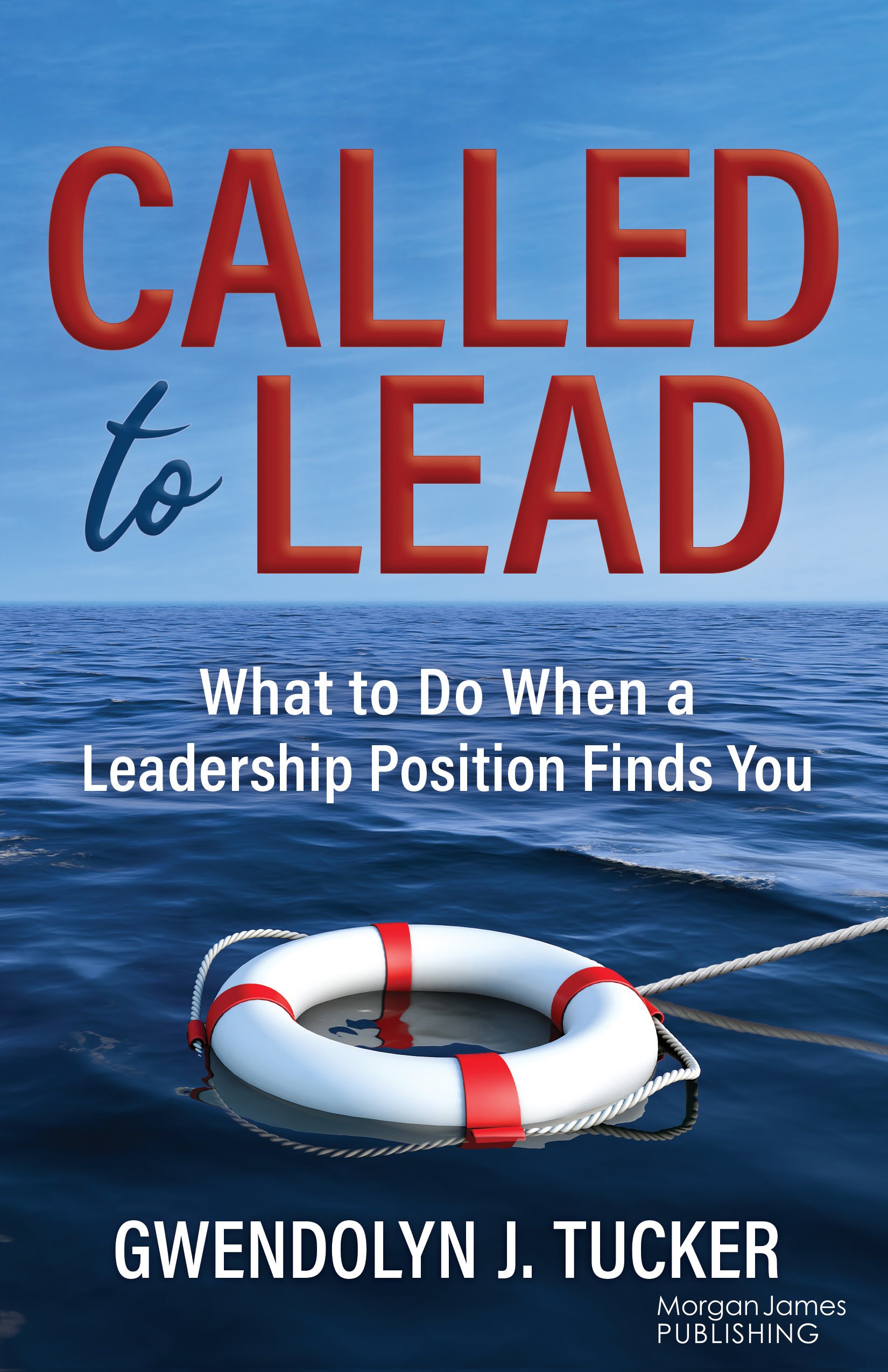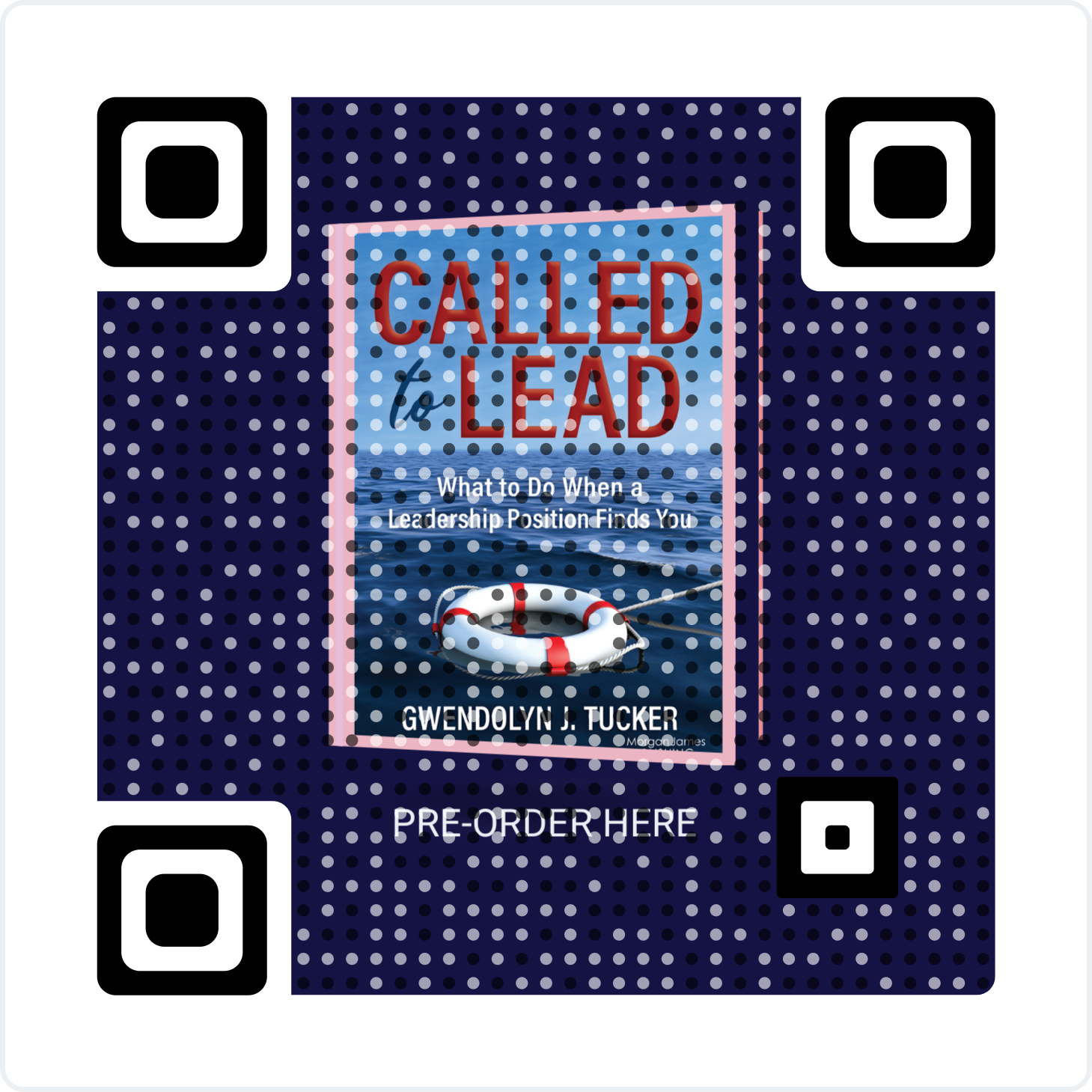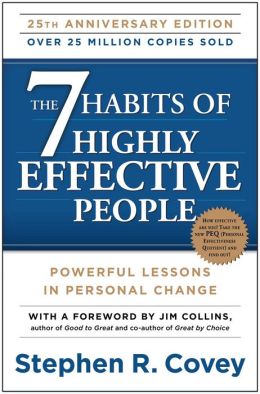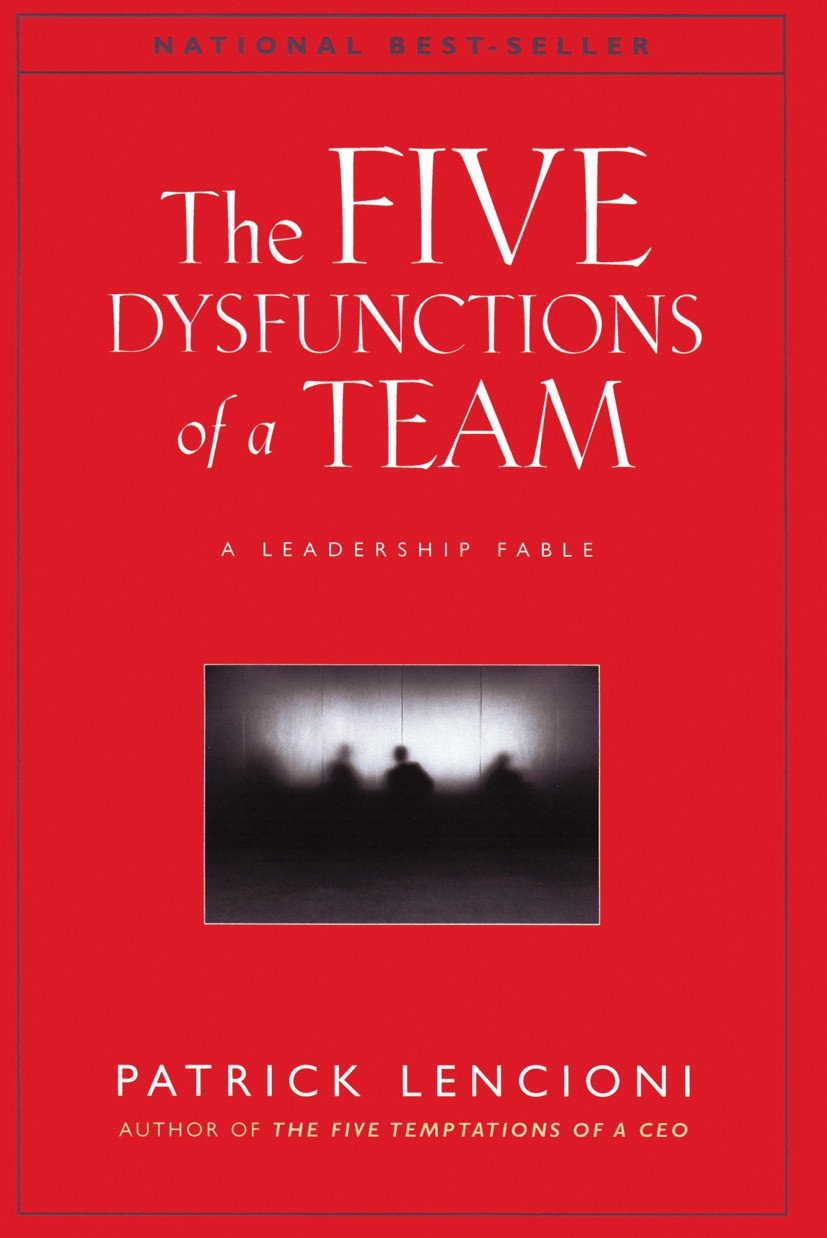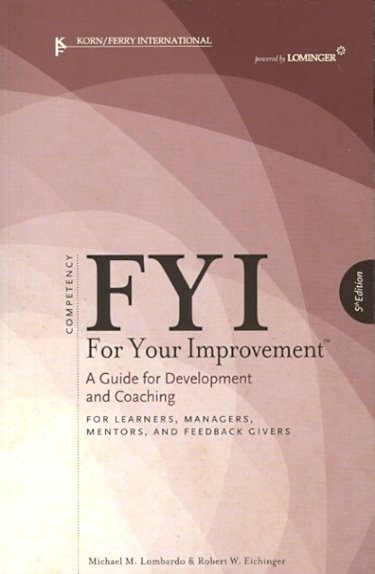Paradigms of Human Interaction
In his book the 7 Habits of Highly Effective People, Stephen R. Covey identified six paradigms of human interaction.
I stumbled up his book early on in my career. Boy, am I glad I did. Reading the material and finding ways to practically apply it, has paid huge dividends.
I will tell you more about that later, but for now, let's take a look at Coveys Paradigms of Human Interaction. They are:
|
|

Paradigms of Human Interaction
A paradigm is a frame of reference or theory that affects how we see and experience a situation. By definition, it represents a "group of ideas about how something should be done... or thought about."
Although there is an appropriate time to use each paradigm, Win/Win is the preferable approach for those who must work together to achieve maximum results.
The Six Paradigms
Paradigm #1 - Win/Win
Win/Win is a mindset or approach to a situation that seeks to ensure the interest of all parties are considered. It is not an "either/or" proposition.
Covey describes Win/Win as "not your way or my way; it's a better way, a higher way." And it leads to what Covey calls the "Third Alternative."
The person who practices this paradigm is: principle-centered, places emphasis on what is right/best for ALL parties involved, not focused on getting the "upper-hand" or the best deal for themselves.
This is the best approach, but it is also the most difficult, especially for those with hidden agendas and who aren't willing to invest the time to come to a win/win solution.
Paradigm #2 - Win/Lose
Win/Lose is where one party asserts their interests over the interests of the other party. Often times they are guided by an either/or way of thinking.
They subscribe to the "scarcity mentality" and believe the other party must lose so that they can win".
This interaction often "feels" highly competitive in nature and destroys teamwork.
Paradigm #3 - Lose/Win
Lose/Win means I cooperate with the other person to the degree that I lose so they can win. In this approach, the "loser" often walks away highly resentful of the other person and that they got the short end of the straw.
More often than not, this person takes the easy road in an effort to avoid conflict. In essence, they choose to lose instead of stating their case and working to a win/win solution.
Paradigm #4 - Lose/Lose
Lose/Lose is when no one wins; both parties lose, and both end up with very hard feelings.
My Mom would often say, "Don't cut off your nose to spite your face." At first, I didn't know what she meant. But over time, it became crystal clear. There are times when our actions result in a loss for all involved.
This approach does not serve to advance positive team dynamics and is very unhealthy for all parties involved. Animosity and ill-will get stashed away so it can be accessed the next time the two parties come together.
Paradigm #5 - Win
The person operating with this paradigm says "I want to win. I don't want you to lose, but getting what you want is your business, not mine."
As long as they get what they want, they're a happy camper.
They do not actively seek to harm the other party AND they are not vested in ensuring that the interests of the other party are considered in the negotiations.
Paradigm #6 - Win/Win or No Deal
The Win/Win or No Deal mindset actively seeks the interests of all parties involved, including theirs.
It requires a high character ethic, investment of time and lots of two-way communication.
In the event an agreement suitable to all parties cannot be reached, the only Win/Win is "No Deal."
Even if no deal is the best outcome, the intent and engagement during the of this interaction sets the stage for possible Win/Wins in the future.

Summary
As long as you seek Win/Win in your interactions, it really does not matter which paradigm the other party has.
Of course it will require strong communication, negotiation and conflict management skills; but the person with skills to obtain Win/Win outcomes will prevail.
Career Stallers & Stoppers
Did you know that poor negotiation skills can stop or stall your career?
According to Lombardo & Eichinger, "Good win/win negotiators focus on the target, the issues and the underlying interests of both sides."
Check out more about their work here: For Your Improvement
Want to Know More?
To see how the Paradigms of Human Interaction have been compared and contrasted with the five Conflict Management Styles, check out the image below.
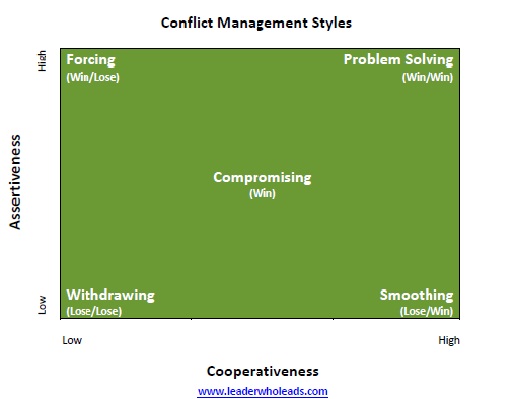
The Paradigms are described in more detail in his book entitled The 7 Habits of Highly Effective People.
To take a look at Covey's 7 Habits in more detail, please check it out here:
- 7 Habits of Highly Effective People
- Habit 1-3: Private Victory
- Habit 4-6: Public Victory
- Effectiveness Quotient
- Go to Home.
- Contact Coach Gwen
Improve Your Relationship with Your Boss
Are you looking to improve your relationship with your boss? If so, the Boss Relationship Worksheet will help you better understand and communicate more effectively with your immediate supervisor.
To download your copy, submit your information on the form below.
After completing the Boss Relationship Worksheet, you will find that the following will prove helpful in showing you how to cultivate a better working relationship with your boss:
 |
I published my first book and I am beyond excited.
Get your FREE copy of Called to Lead!
ORDER PRINT HERE
Leaders don't
create
followers.
Leaders
create
other
leaders.
- Tom Peters




